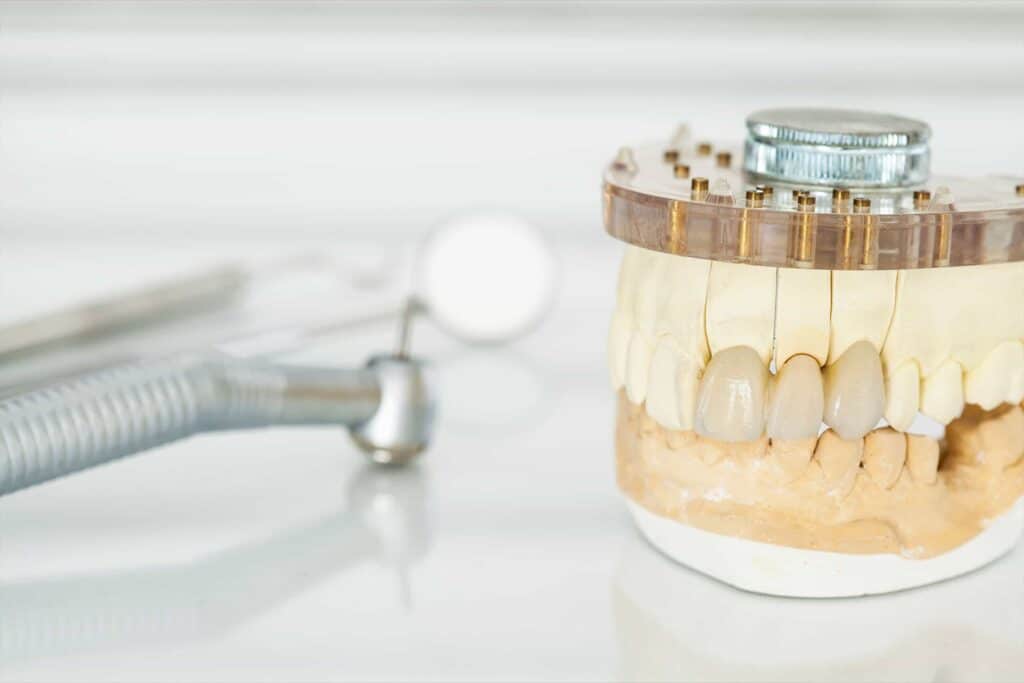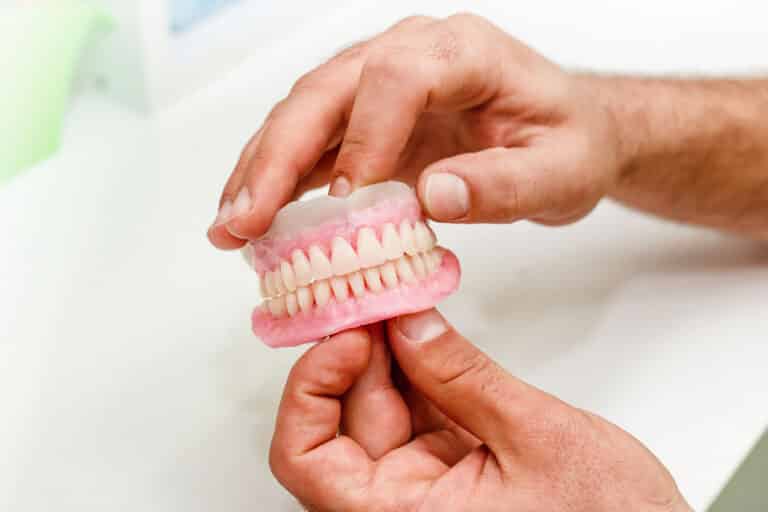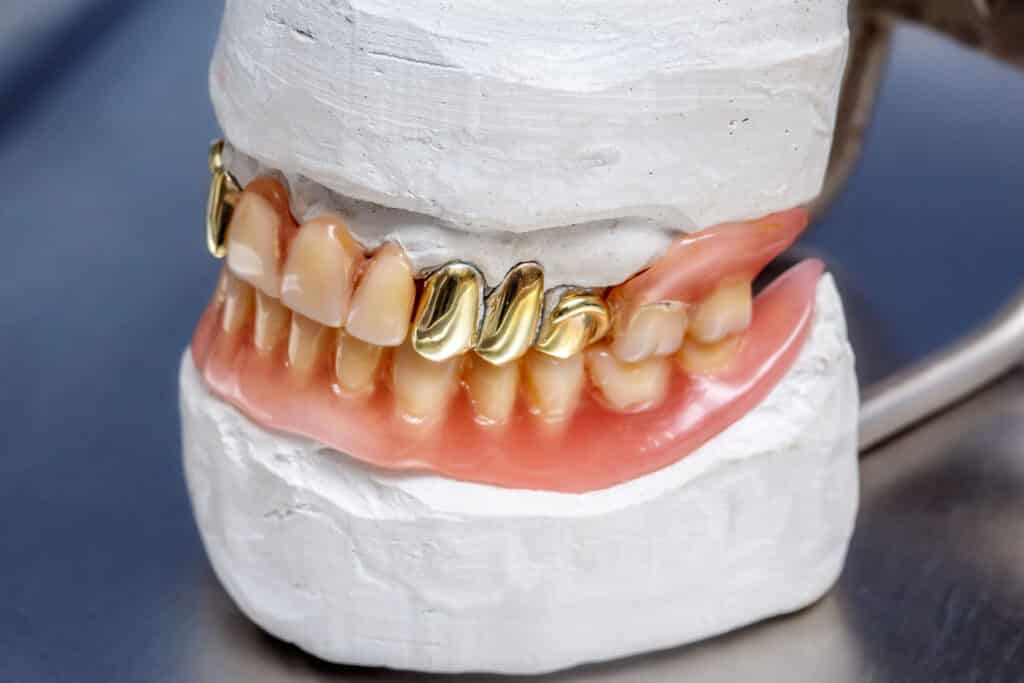What Do Dental Sealants Do?
Teeth are not perfectly smooth on all the surfaces. While there are some smooth areas, the chewing surface has pits and grooves that sometimes travel over the edges. Even front teeth can have grooves and pits on the tongue side. Since we use our teeth to mash up food, small bits of food particles naturally get lodged and stuck in the pits and grooves and are difficult to get out. When they stay there for long periods of time, they end up feeding the bacteria within the grooves and lead to cavities. A sealant is a white filling that flows into the cracks and crevices of the biting surfaces, making them smooth. This prevents food particles from getting stuck and has been shown to significantly reduce a person’s cavity rate. It also does not affect someone’s ability to grind food into small pieces.
Why Is Chewing Ice Bad For Your Teeth?
Teeth are extremely hard bones that are very robust and can take a lot of abuse. However, over the millions of chewing cycles, they do wear down. Since humans only get one set of adult teeth and teeth don’t regenerate, it is unwise to treat your teeth as if they’re indestructible. They will last quite a while, but repeated overuse will lead to early failure and will require extensive treatment to fix or replace. Ice is not only hard but also cold, which acts as a double whammy to irritate the nerve. As satisfying as it is to chew on ice, it would be wisest to not chew on ice or other hard objects frequently.
Do I Need To Use Mouthwash?
Many people do not require the use of mouthwash in order to maintain a very healthy mouth. However, mouthwash, especially antibacterial mouth rinses, are especially effective at reducing the amount of bacteria inside the mouth. Antiseptic mouth rinses can be helpful for those who need additional tools keeping their mouth healthy. Those who are more prone to periodontal disease are amongst those who would really benefit from mouth rinses.
Why Do I Need Dental Cleanings?
Unless you live in a completely bacteria free environment (such as in a literal bubble), your mouth will have bacteria inside it. The bacteria produces a daily biofilm on your teeth as well. Another piece of the puzzle is that saliva also contains minerals which over time will harden plaque on your teeth. All this is to say that your teeth will accumulate hardened plaque which is rough and a bacterial haven. If not removed, it will cause bone loss (periodontal disease) and eventually your teeth will fall out. Dental cleanings keep the surfaces smooth and lengthens the lifetime of teeth.





